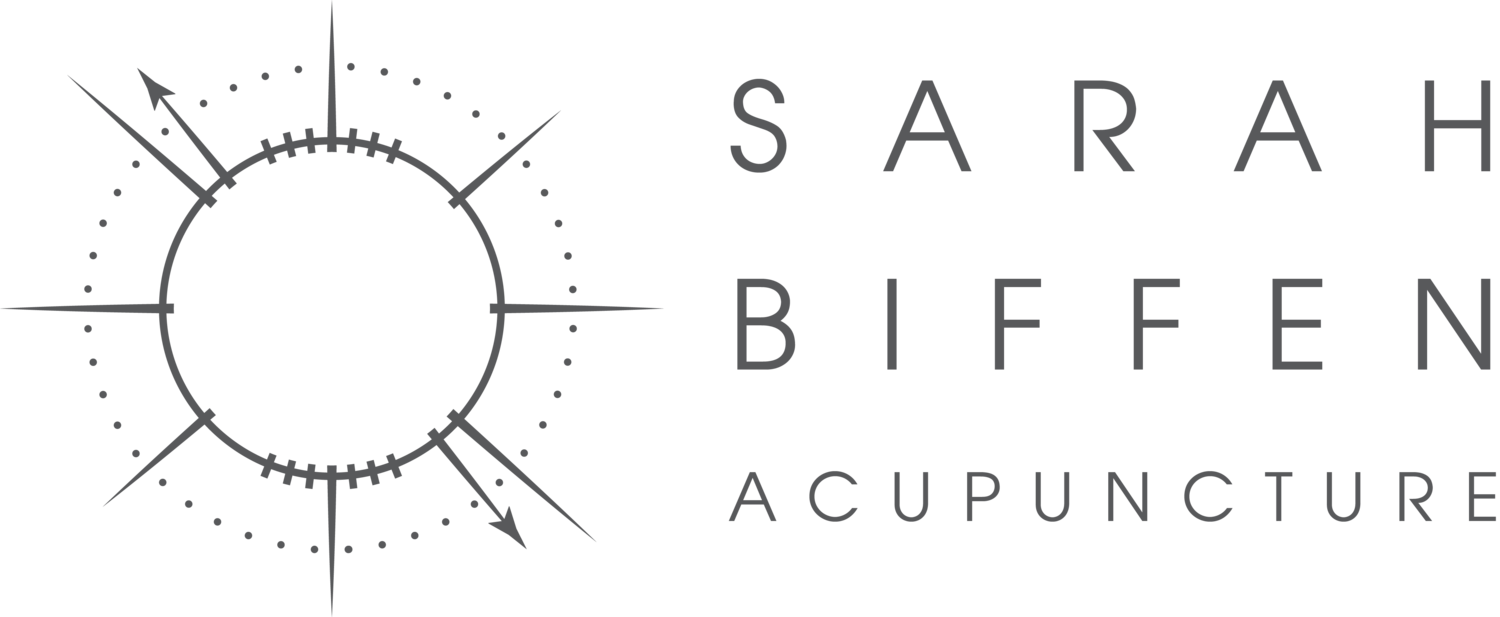Springtime in Chinese Medicine: Understanding and Treating Seasonal Allergies Naturally
Spring is a season of growth, renewal, and transformation. According to Traditional Chinese Medicine (TCM), it’s the time when the Liver energy (Liver Qi) is most active. Just as flowers begin to bloom and nature reawakens, our bodies and minds are encouraged to emerge from the quieter, introspective nature of winter into a season of expansion and movement.
But for many, spring also brings the not-so-welcome return of seasonal allergies—runny noses, itchy eyes, sneezing, brain fog, and fatigue. From a TCM perspective, these symptoms are not just caused by pollen or external pathogens, but also reflect an imbalance within the body that allows these external factors to cause disruption.
Why Allergies Arise in Spring – Through a Chinese Medicine Lens
In TCM, allergies are often seen as a manifestation of Wei Qi (Defensive Qi) imbalance. Wei Qi acts like your body’s immune defense, circulating just under the skin and in the muscles to protect you from external “invaders” like wind, cold, and heat.
Spring is associated with the element Wood and the Liver organ system. When the Liver Qi becomes stagnant—often due to stress, lack of movement, or pent-up emotions—it can cause an overreaction in the body, contributing to allergy symptoms. Additionally, a weakened Lung or Spleen system can make it harder for the body to fend off allergens. The Lung governs the Wei Qi and respiratory system, while the Spleen is responsible for transforming food into Qi and supporting overall immunity.
How Acupuncture Can Help Prevent and Treat Allergy Symptoms
Acupuncture works to harmonize the body's internal systems and strengthen the Wei Qi so it can better handle external allergens. Regular acupuncture sessions in the weeks leading up to and during allergy season can help:
Strengthen Wei Qi (immunity) to reduce allergic responses
Soothe Liver Qi to prevent overreactivity and inflammation
Support Lung function to ease breathing and reduce congestion
Regulate the Spleen to improve digestion and Qi production
Open the sinuses and clear nasal passages naturally
Patients often report that with regular acupuncture, their allergy symptoms become less severe, less frequent, and more manageable without relying heavily on medication.
If you're searching for Acupuncture in Noho or Acupuncture in Williamsburg, Brooklyn, our experienced practitioners are here to guide you through a personalized plan to address allergies and strengthen your system from the root.
Herbal Medicine for Allergy Support
Chinese herbal formulas can also be incredibly helpful. Depending on your pattern diagnosis, your practitioner may prescribe herbs to:
Clear wind and heat (which may present as itchy, red eyes and sneezing)
Drain dampness (think: congestion, post-nasal drip, brain fog)
Strengthen the Lung and Spleen
Support the Liver to reduce overreaction to allergens
Some commonly used formulas include Xiao Qing Long Tang, Yu Ping Feng San, or Cang Er Zi San, though it's important to work with a qualified herbalist to ensure you get the right prescription for your unique constitution.
Best Practices for Spring Allergy Season
Here are a few tips from a Chinese Medicine perspective to keep allergies at bay:
Begin treatment early—don’t wait for symptoms to get severe
Eat lightly and seasonally—opt for greens, sprouts, and lightly cooked meals
Support your Liver—gentle movement like walking or stretching helps Liver Qi flow
Avoid raw, cold, and greasy foods—these can burden the Spleen and create more phlegm
Practice deep breathing to strengthen Lung Qi
We’re Here to Help
At Sarah Biffen Acupuncture, we love supporting our community through the changing seasons. Whether you're looking for acupuncture in Williamsburg, Brooklyn or acupuncture in Noho, our team is here to help you feel your best this spring.
We specialize in personalized, compassionate care using acupuncture and herbal medicine to bring your body back into balance—naturally.
